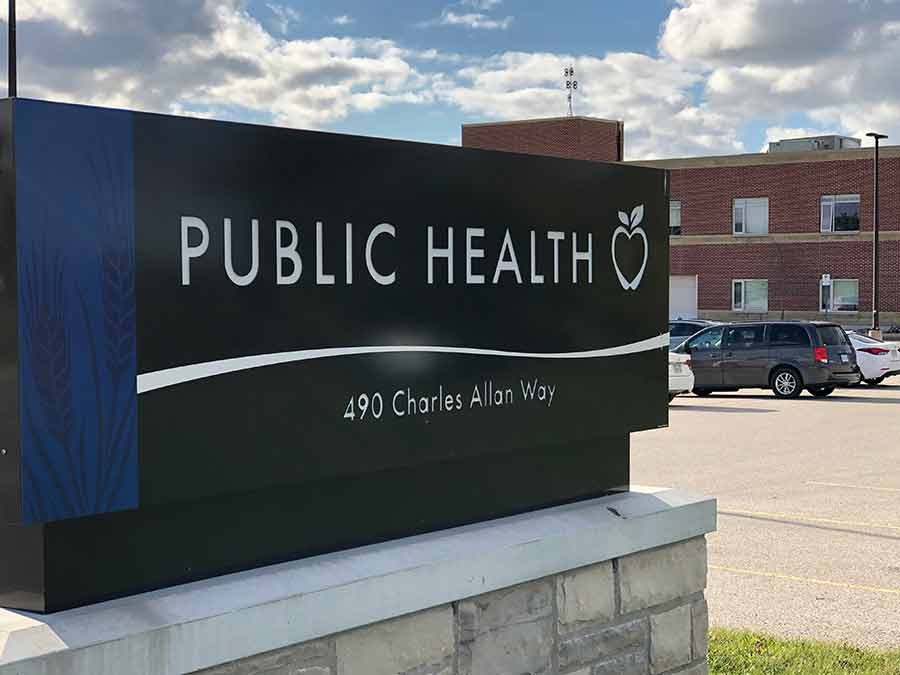GUELPH – The local Healthy Babies Healthy Children program could be in jeopardy.
The Board of Health of Wellington-Dufferin-Guelph Public Health (WDGPH) heard at its Oct. 5 meeting that funding has not kept pace with the growing cost of delivering the program or the demand.
And demand has only grown since the pandemic.
Director of community health and chief nursing officer Rita Isley presented a report outlining the program and how it was stopped during the pandemic and staff was redeployed for COVID-19 duties.
Now that it is starting up again, public health is not able to meet the demand and there are wait lists.
“So the concern is we have to deliver the program as mandated with limited funding,” Isley said.
Healthy Babies Healthy Children, a program mandated by the province, is designed to identify and assist at-risk families early after a baby is born.
Through its blended home visiting model, it provides parenting, nutrition, growth and development, and self-care guidance to eligible families with the goal of helping parents grow babies that become healthy adults.
A visiting public health nurse will assess, refer and help families devise a plan to reach their goals.
A family visitor helps and supports the family as it makes behavioural changes.
“The blended home visiting program provides flexibility to work collaboratively with families to establish frequency of visits and attain identified goals,” the report reads.
When the program began in 1998, all new mothers were contacted post-partum. Now the program works on referral – often by a family doctor or hospital staff – and targets at-risk families.
The pandemic has put a strain on families, Isley said, and those at risk often have complicated issues.
In 2004, funding for the program was $1,200,677, which was enough for 17.65 full-time equivalent (FTE) staff to deliver the program. Operating costs were budgeted for a further $114,755.
Now it is funded at $1.5 million with just 14 FTEs.
“With the cost of inflation projected over the next five years, the budget would need to increase from $1,567,992 to $1,801,109 for the 2027-28 budget year, to keep the program at status quo,” the report warns.
Status quo is already not good enough, however, officials say.
Isley said there is now a wait to be assessed to see if a client meets the criteria and then a wait, if eligible, for the program.
Home visits are also less frequent.
The reason why the program was effective was the early intervention and regular visits, Isley said, where these families were both supported and held accountable.
Now, “We are not able to meet deliverables and stay within the budget,” Isley told the board.
“We try to be creative to deliver the program and meet the targets … There’s concern about eroded programs.
“We wanted to bring it to the attention of the board.”
The board accepted the report for information and after the public meeting, went in camera to talk about options, which appear to be either increasing the budget, cutting staff, or a bit of both.
The board did not report its decision or course of action following the in-camera session.




